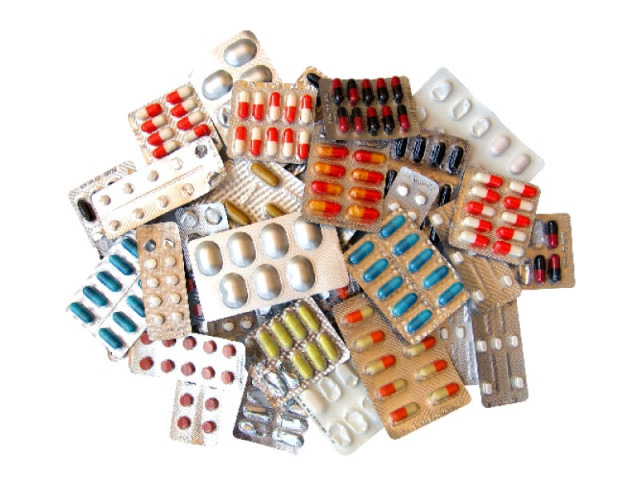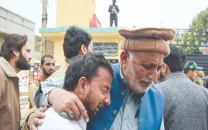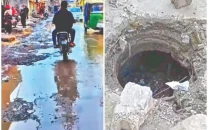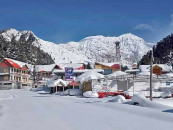Assistance denied: Blood iron reducing drug shortage hitting patients
The drug is essential for thalassaemia patients receiving blood transfusions.

Police party raided Mehfil Restaurant along GT Road in Sector G-12 and cut its main power supply line. PHOTO: FILE
The lives of over 20,000 under-privileged thalassaemia patients is at stake due to the unavailability of a life-saving drug in public hospitals of the twin cities.
Talking to The Express Tribune, parents said that there are two thalassaemia centres, one at Holy Family Hospital (HFH), Rawalpindi and the other at Pakistan Institute of Medical Sciences (Pims), Islamabad which used to provide the drug — Ansura — for free, but for the last six to seven months, they had stopped, citing difficulties in procurement.
“Our children are fighting for their lives we hoped that the new government would assist our children, by allocating funds so public hospitals can provide the drug free-of-cost, but it did not,” said the parents.

The newly-elected government claimed it would improve the health system, but it seemed like it was just trying to get votes, said Hussian, the father of a thalassaemic child.
He said the drug is not available in pharmacies and these two public hospitals are the only source for the drug, which reduces iron in the blood of thalassaemia patients after they get blood transfusions.
Farooq Ahmed, the father of a nine-year-old thalassemic child, said, “Since my child has stopped getting the drug, his condition is worsening day-by-day. It is painful to see him suffering when i am helpless to stop the pain.”
Ahmed, a taxi driver, said that few weeks ago he took his child to the Pims thalassaemia centre, but brought him home after his condition continued to worsen.
“Now, he gets two Desferal injections at home every day. They are injected into the stomach through a pump, which remains there for up to nine hours. For the entire duration, my child suffers with unbearable pain,” he said.
Talking to The Express Tribune, an official at HFH who deals with the drugs procurement said on condition of anonymity that, the hospital even gets calls from patients in Afghanistan requesting the drug, “and every time I have to refuse as there is none here.”
He said the hospital administration stopped providing the medicine because of its high cost — a packet containing 30 tablets cost Rs 10,000, and most patients need between two and eight tablets per day.
HFH Medical Superintendent Dr Arshad Ali Sabir said he was not aware of the shortage but “will look in to it and then be in a position to comment.”
Published in The Express Tribune, July 17th, 2013.



















COMMENTS
Comments are moderated and generally will be posted if they are on-topic and not abusive.
For more information, please see our Comments FAQ